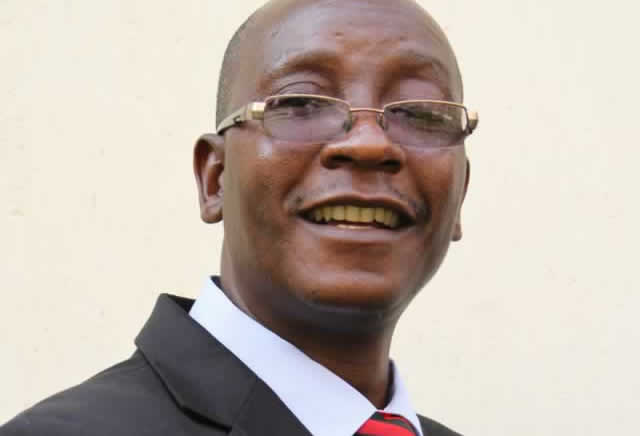Govt issues $500m Treasury Bills to Zesa to avert power outages

Harare Bureau
GOVERNMENT has had to move in to bail out the Zimbabwe Electricity Supply Authority by extending Treasury Bills to the tune of $500 million to avert serious power outages. This comes as the State power entity has only so far received a mere 14 percent of budgetary support allocated to it in the 2017 National Budget.
TBs are basically short term negotiable instruments issued by the Government through the Reserve Bank of Zimbabwe (RBZ) to finance the State’s short-term requirements.
They are issued for periods ranging from 30 to 365 days. Energy and Power Development Ministry permanent secretary Patterson Mbiriri said without the TBs facility the country would have been facing a different energy status quo.
“We are grateful that we were given during the course of the year, treasury bills — I know there is a lot of debate surrounding Treasury Bills and their impact on the macro-economy of the country — but nonetheless we have had Treasury Bills to the value of $500 million put on the table for us to settle our bills, particularly those bills that were threatening energy supply.
“That said we contextualise our figures. Out of a budget of $6, 288 million for 2017 we have been availed $0, 88 million, the bulk of that going into salaries and so we have realised 14 percent of budget to date and of course that raises questions about 2018 in terms of capacity to support this critical sector,” he told the Parliamentary Portfolio Committee on Mines recently.
TBs are generally considered as the least risky of all issued paper insofar as they are guaranteed by Government, but some market analysts have said that the a declining momentum in economic activity and high debt serving costs could pose some financial risks on domestic debt instrument holders.
Treasury has however since moved to ease market concerns over TBs issuances, stating in 2016 that going forward the issuance of new TBs would be guided by projected cash-flows.
A number of financial players hold Government-issued TBs, as they have become the main debt instrument available in the market after Government converted its legacy debt into short-dated Government security.
Mr Mbiriri, however, highlighted that the $500 million TB issuance was a “once-off” and TBs would not be issued to fund ongoing energy projects.
“In terms of TBs our understanding is that it was a once-off payment. There is no intention or expectation on our part that this will continue as a standing arrangement. It was a once-off to deal with a particular situation where nobody could move forward. Us as energy suppliers and those that service us, we had a stalemate situation,” he said.











Comments